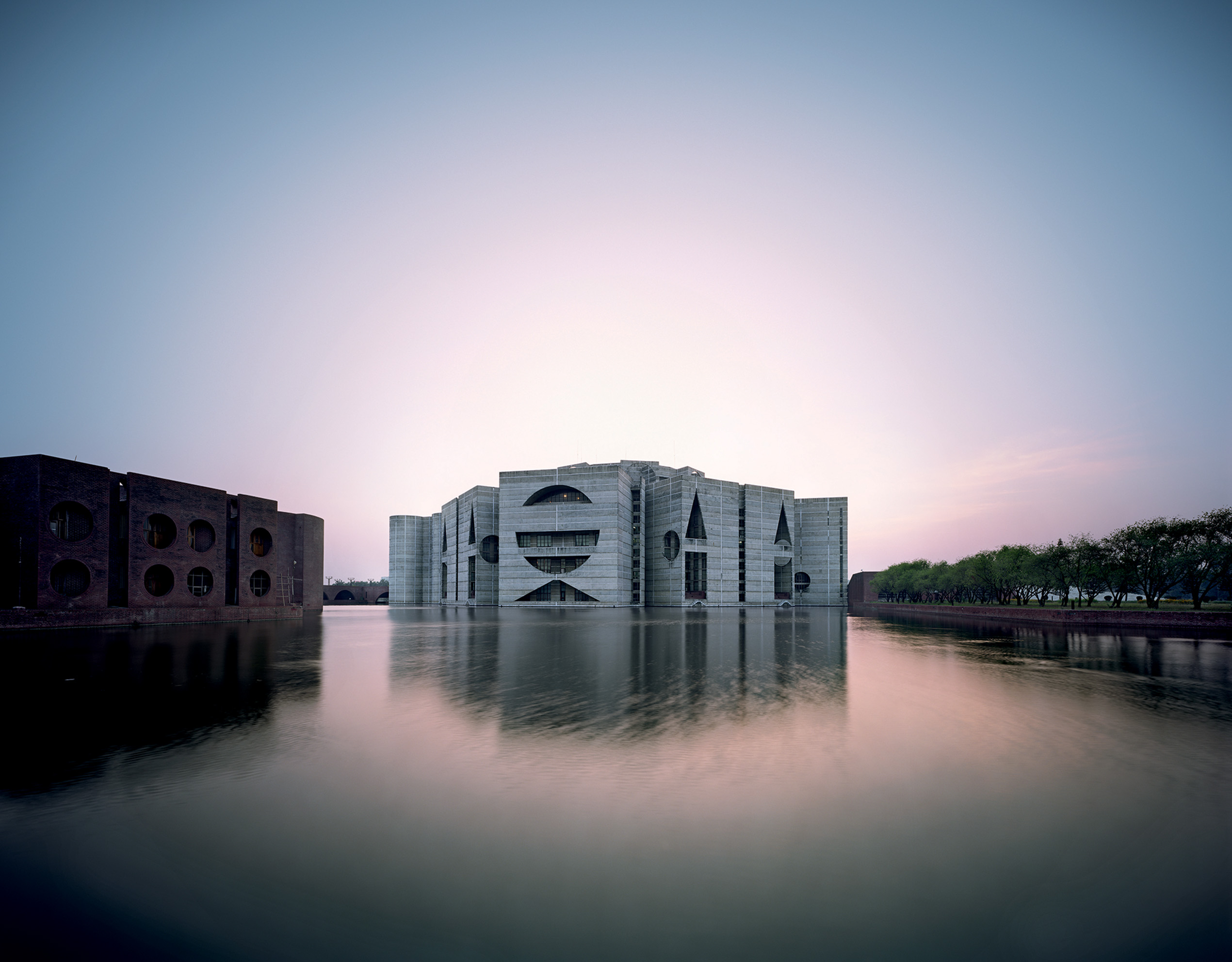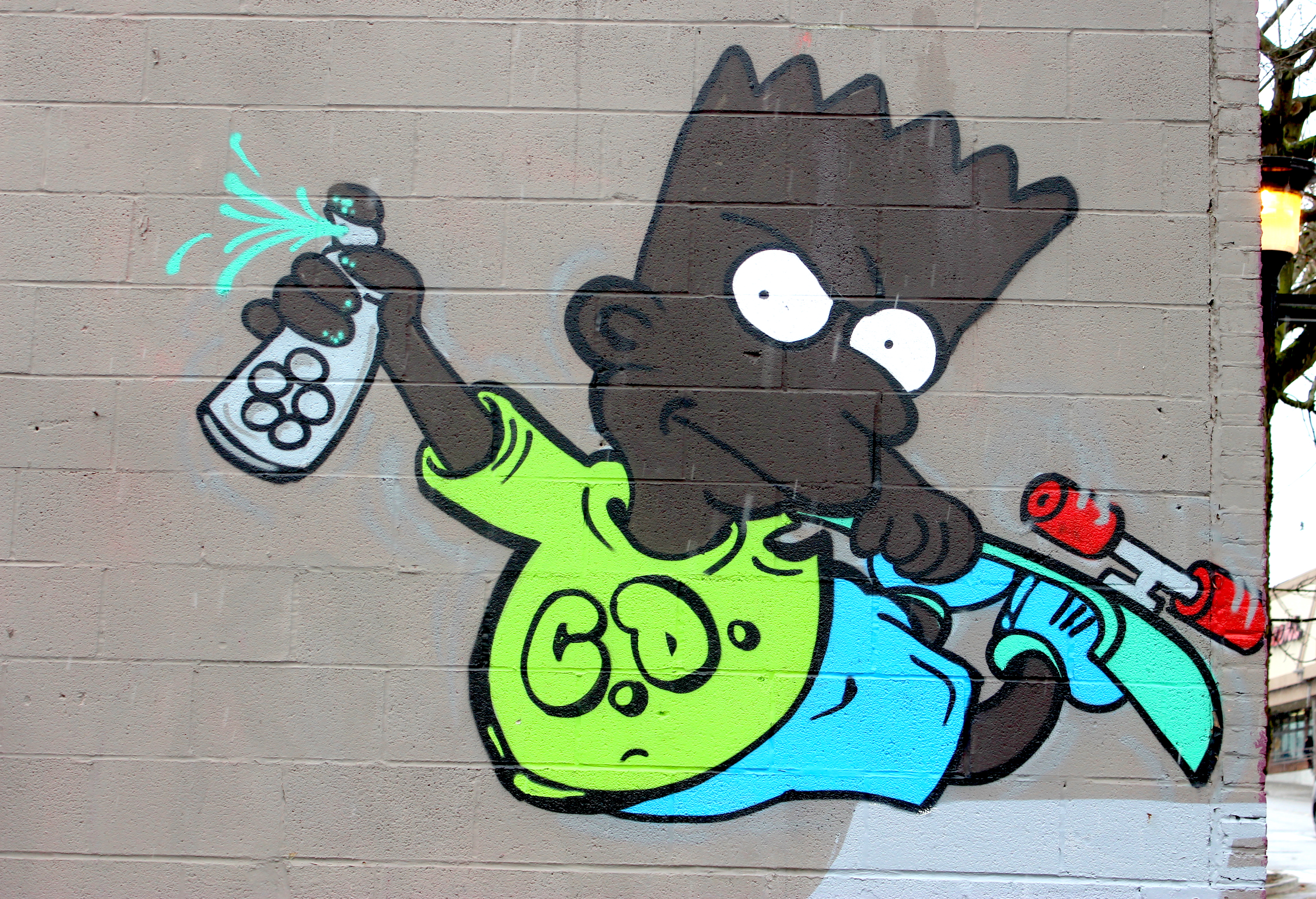Cliff Mass has the unusual honor of maintaining a universally beloved meteorology blog, if you can imagine such a thing. One of his most popular recent posts explores whether or not the Pacific Northwest will become a climate refuge for a flooded, sun-parched, and drought- and hurricane-stricken U.S. in the next 80 to 100 years. The answer, based on models from the most recent Intergovernmental Panel on Climate Change report and the 2014 U.S. National Climate Assessment: inevitably yes.
Between the blog, teaching atmospheric science at the University of Washington, and doing research, Mass is a busy man. I manage to catch him for a couple of minutes between sessions of the 5th Annual Pacific Northwest Climate Science Conference, where he’s spent the day so far listening to a litany of bad news about the state of our ecological systems. I have a question for him.
“Have you heard of Jess Spear?” I ask him. “She’s a climate scientist running for office in Seattle who originally got into politics because of a Carl Sagan essay.” Mass has indeed heard of her.
“Why do you think more scientists aren’t running for office?” I ask. “Especially when it seems like the world is about to catch on fire.”
Mass answers almost immediately. “It would be a really good thing if there were more scientists in the political realm,” he confidently tells me. “There’s an acute lack of scientific knowledge, and particularly climate knowledge, in the state legislature and local government.”
But?
“I’ll be honest,” she says, lowering her voice and leaning in as if she’s about to tell a secret. “In some ways it’s been refreshing stepping out of climate science, because it’s scary when you’re in it.”
“A lot of us are… kind of nerdy and not comfortable doing that kind of thing,” Mass says, laughing a little nervously before clearing his throat. “We’re certainly frustrated with the lack of progress, but I guess the question is, if we got involved in politics, would that really change anything? It’s not clear that even scientists would be able to make change in the current politics on this issue.”
Mass tells me he has to run—in five minutes Governor Jay Inslee will deliver the climate conference’s keynote speech. When Mass gets there, the Governor will plead with the scientists in the audience to get involved in politics, given their dire research findings.
“A scientist has to be neutral in his search for the truth,” Inslee tells the crowd, quoting British chemist C.P. Snow, “but cannot be neutral as to the use of that truth when found.”
“You’re supposed to have this integrity and neutrality when you’re looking at the data; you’re not supposed to come at it with an activist perspective or an agenda,” Jess Spear tells me at Broadcast Coffee, looking out the window at the small park nearby. She’s remembering her paleoceanographic research on foraminifera, oceanic microfossils that serve as indicators of past climate change.
“I’ll be honest,” she says, lowering her voice and leaning in as if she’s about to tell a secret. “In some ways it’s been refreshing stepping out of climate science, because it’s scary when you’re in it. Stepping out and actually being in an advocacy position and pushing things forward on a policy level has such a sense of empowerment.”
Spear has reason to feel empowered right now—in the past two years, she’s been up to some unquestionably audacious business.
After working as a researcher at the U.S. Geological Survey and the Burke Museum, she left to become organizing director of Seattle’s 15 Now chapter, which—to the nation and the federal government’s utter astonishment—saw the passage of a $15 minimum wage in Seattle only a year after the campaign started. Also thanks in part to Spear’s organizing skills, socialist Kshama Sawant was elected to the Seattle City Council in that same period, similarly baffling our two-party country.
But after all that, Spear still hasn’t returned to her successful science career. She’s decided to do something even more audacious: challenge Frank Chopp, the 20-year veteran Democratic Speaker of the House, for his 43rd District seat, running under the Socialist Alternative banner. If elected on November 4, she’d be the only scientist in the Washington legislature. (In the U.S. Congress there are only three—two physicists and a microbiologist.)
While her distinction as a scientist-turned-politician might be singular now, according to her and her colleagues in the climate-science community, you might be seeing a lot more of this very soon.
“Naomi Klein wrote this article about why the science is telling us to revolt,” Spear explains. “She highlighted a talk that was given at the American Geophysical Union fall meeting in San Francisco, one of the largest conferences for paleoceanographers, paleoclimatologists, the people that study past climate and climate today. One of the presentations was titled ‘Are We Fucked?’ It was presented by this young graduate student about what needed to be done, and it sent shock waves through the science community because of its frankness. That’s the direction I see young climate scientists going in.”
Being a climate scientist in the 21st century is something of an ethical catch-22. Every day at work, you generate and study terrifying data that overwhelmingly says “Do something right now—there’s no time” in a field founded on the principle of neutrality. The best you can do is present your research to policy makers and cross your fingers that something happens—which of course, rarely does.
“This question about the role of scientists in the making of public policy is one that’s hotly debated nationally and internationally,” says Lara Whitely Binder, the director of outreach at UW’s Climate Impacts Group. It’s a question she has to grapple with regularly. “We do research on climate impacts, and how groups, organizations, agencies, etc., can move forward on adaptation, but at the end of the presentation we aren’t going to say, ‘And so you should do this. This is what we recommend.’ Because that’s going from this neutral realm to being an advocate, and that’s a line that the scientific community is very careful not to cross over.”
But in her university role, Binder says she’s seeing more young climate scientists who are almost explicitly interested in advocacy, having grown up in one of the first generations for whom climate change has widely been considered indisputable fact. “We’re seeing this generational shift, and as older people retire and younger people are moving into the field, this urgency is already instilled in them and this desire to be part of the solution, rather than go ‘Meh, let’s crunch more numbers.’ ”
Alex Lenferna, a current philosophy graduate student at the UW who helped organize the Seattle branch of the People’s Climate March with Spear, counts himself among this new generation breaking from tradition in the face of the data. Lenferna researches the philosophy of climate change and climate science and how to ethically incorporate it into policy decisions. He’s experienced the futility of working from the outside on a policy level himself, having presented data to U.S. Congressmembers advocating for a carbon tax and talking to policymakers on a city level about fossil-fuel divestment.
“Climate science has become so politicized—if you look at the amount of money that’s spent by the fossil-fuel industry, a huge percent of that goes to the political spectrum,” Lenferna sighs.
“We can do the science and the science can be neutral, but that doesn’t mean people that are creating the science themselves necessarily need to stay on the sidelines of these big discussions.”
“We can do the science and the science can be neutral, but that doesn’t mean people that are creating the science themselves necessarily need to stay on the sidelines of these big discussions. For those that are informed by the science and the negative consequences and how devastating it can be, arguably there’s a very good reason for them to get engaged in policy making. Scientists don’t need to muzzle themselves, and more and more my peers and younger people don’t see that scientists should have to step back.”
It’s a sentiment Spear echoes. “There’s this frustration that we’re producing all this data that’s refining more and more that humans are causing this. That if we don’t do something, we’re really going to be facing a climate catastrophe. But nobody does anything about it at the radical rate it demands, because, really, what we’re seeing is unprecedented for human civilization.”
Spear has a megaphone in her hand. Next to her, flanked by the trees on Seattle Central Community College’s lawn, two people hold up a giant green banner with a sun and windmills painted on. The words “For a Fossil Fuel Free Washington” are sewn onto it.
“Tax the Rich, Fund Clean Energy and Green Jobs,” the banner reads.
“Two-thirds of all emissions since the dawn of the industrial age came from just 90 corporations,” she says to the gathered crowd, made of supporters dressed in green and passersby who have stopped to listen. “The political system is holding climate action hostage in order to make profits at the expense of human life, nonhuman life, and the environment.” She cites the most recent data on Arctic glacial melt, as well as the same research from the recent IPCC report and National Climate Assessment that informed Cliff Mass’ climate refugee post.
Near the end of her speech, a giant diesel shipping truck drives by the rally. The driver, an unexpected ally, honks his horn and leans out the window, giving the gathering an enthusiastic wave and a thumbs-up. The irony is not lost on the crowd, which is momentarily stunned. Then they start to cheer,
ksears@seattleweekly.com








